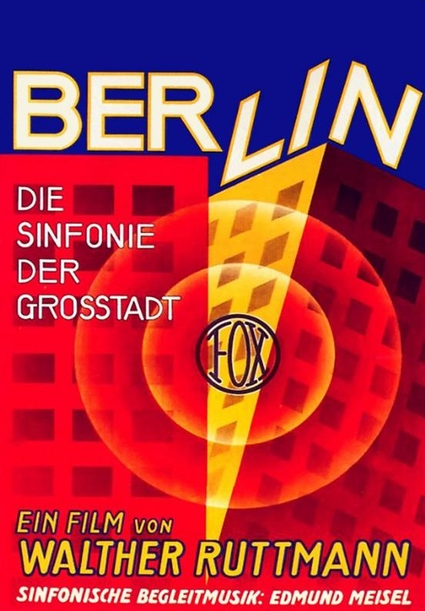Not only is the film worth seeing for its visual spectacle and film director Walter Ruttmann’s innovative use of rhythmic montage, it is also an invaluable historical record of how Berlin looked liked before large tracts of the city were levelled during the Second World War. A few years after completing 'Berlin', Ruttmann started working for the Nazi’s, for whom he made several propaganda films idealizing life on the countryside.
Moritz Föllmer, lecturer at the University of Amsterdam, will provide us with a brief introduction on the film's two recurring themes, individuality and modernity.
During the film saxophone/clarinet players Leo van Oostrom and David Kweksilber will perform own work, which they selected to accompany Ruttmann's masterpiece, and several compositions by a.o. Stravinsky, Hindemith, Poulenc and Seiber. Also, original street noise recordings from 1920s Berlin will be played.
English | 7,50 Euro | Tickets at the door
This edition of Shadow Cities is generously supported by the Goethe Institute.
